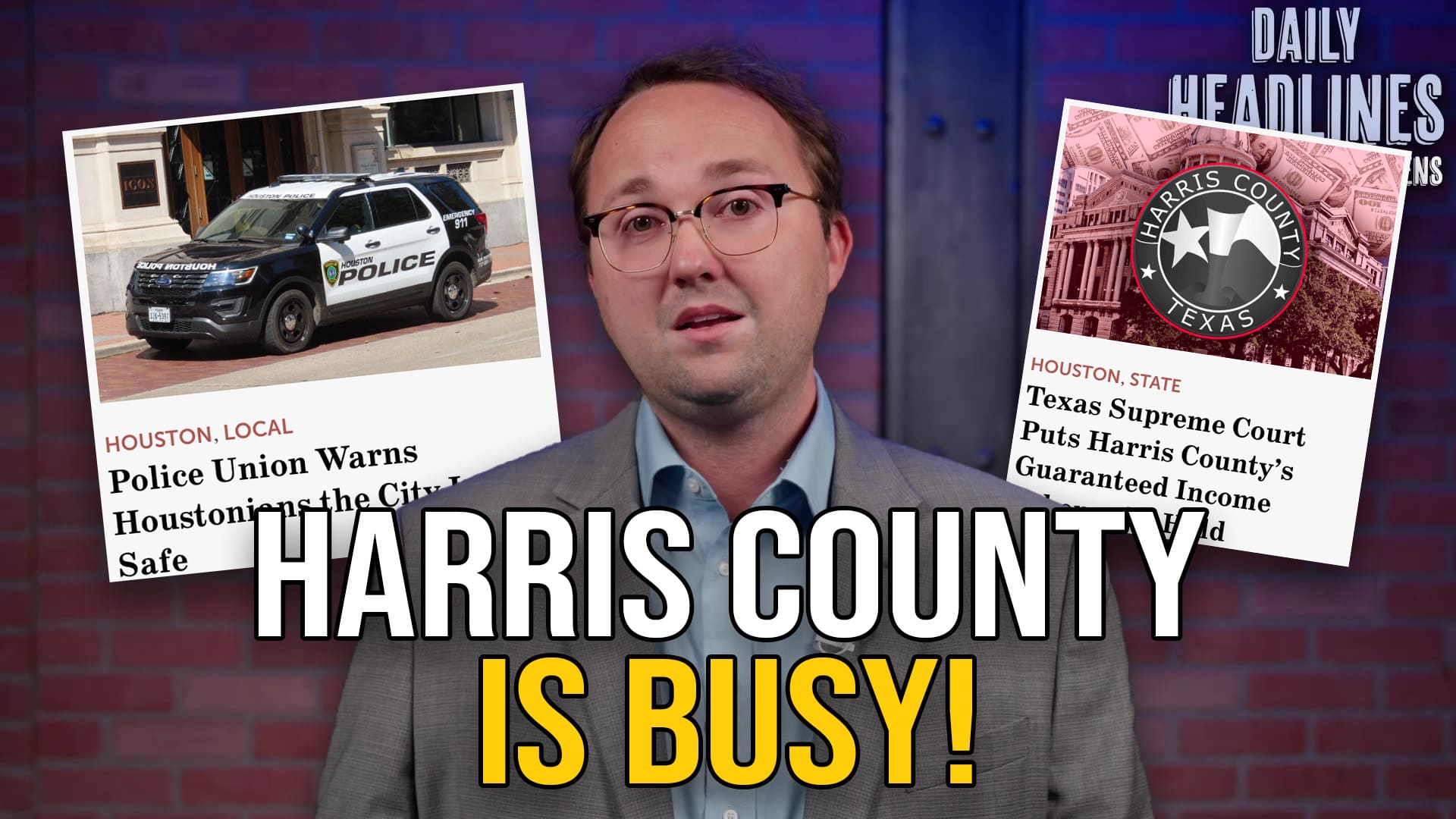Once upon a time, the art of “compromise” might have been an honorable political trait. It’s now become politico-speak for allowing the ruling class to spend without restraint. The debt debate debacle is just the most recent, and costly, example. The difference this time: taxpayers are paying attention. And it’s a very important difference.
Nearly 80 times over the last several decades, Congress has voted – almost without much thought – to increase the federal debt ceiling. For presidents and members of Congress eager to use the patronage game, raising the debt ceiling is an alluring tool.
In the old paradigm, politicians bought us off with our own money (or, using debt-financing, the money of our grandchildren). Some folks might have whined about tax rates or concerns about the impact of such heavy debt loads, but were generally silenced by new highways, post offices, drug plans, or whatever.
Times are changing. A growing segment of the public has become less enthralled with the goodies Congress buys on credit. There is a growing appreciation of the irresponsibility of Congress spending, not only outside the constitutional bounds, but outside anyone’s ability to pay.
Voter outrage has forced this public debate on the wisdom of hiking even further our government’s debt (right now standing at $14.5 trillion, or $46,685 per US Citizen, according to USDebtClock.org). Only by curtailing the spending and significantly reducing the size of the federal government can we hope to get a handle on the debt.
The substance of the deal (which isn’t great, but not horrible) is important, but we cannot rush past the significance of the public debate that got us there; a debate the Democratic and Republican leadership was forced to have by the people. Clearly, President Obama is still pitching his “balanced” approach (in reality an unbalanced combination of new taxes, new spending, and very few meaningful cuts), while Republican leaders are worried about possibly being asked to live up to the rhetoric on which they campaigned.
Under the terms of the deal announced last night, the debt limit would rise immediately and cuts would be made down the road.
It’s critical we keep up this pressure on the political elite. They’ve moved from raising debt without thought, to now marrying the debt limit increase with notional cuts in future spending.
The 2010 election started us down the needed path of electing a new breed of public servants, who profess (and act on) a fundamental opposition to the patronage system of living beyond the people’s means. It was these men and women who pushed this recent fight. We need to send them more reinforcements to Washington, and give them the cover they need to do what we sent them to accomplish.
Taxpayers have made significant strides in changing the debt debate. We now have to change the underlying culture that has allowed politicians to rack up so much unconscionable debt. That will happen only by continuing to raise our voices, and changing out Congress.




